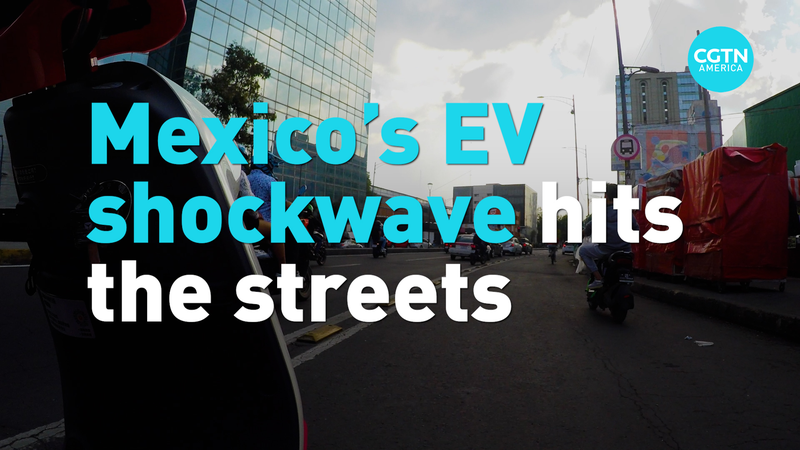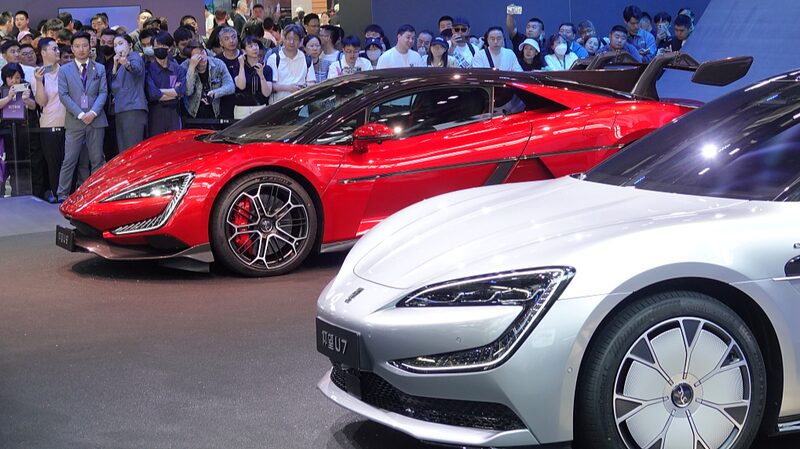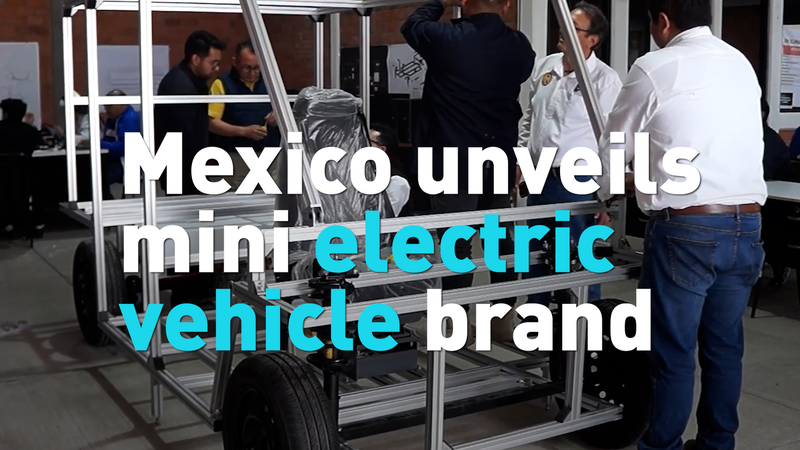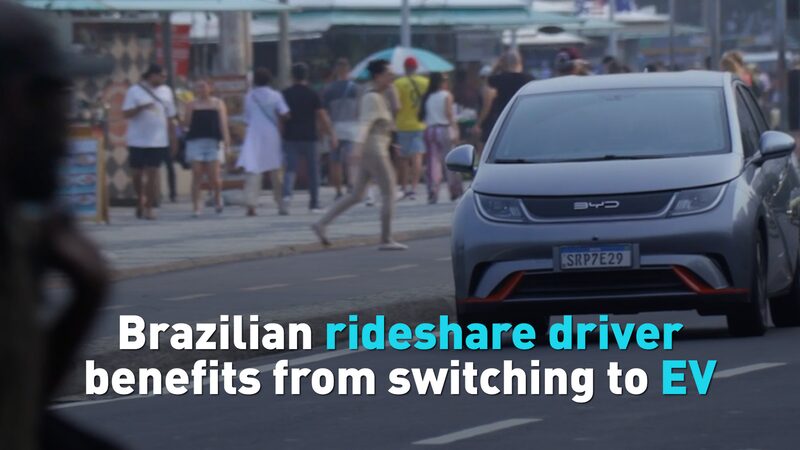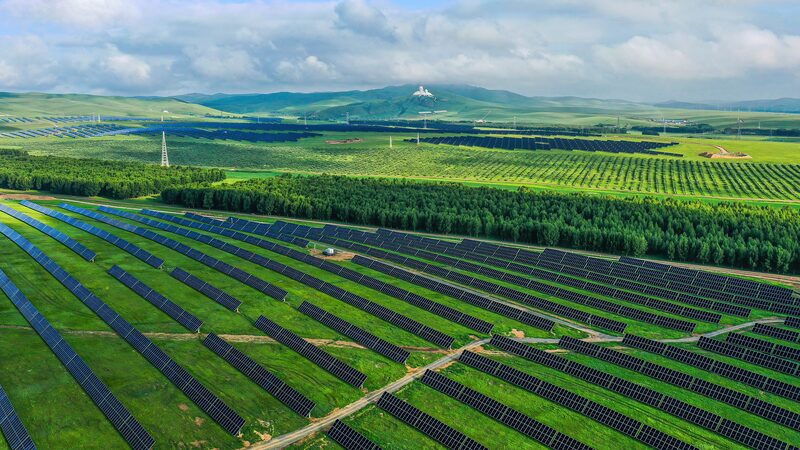In the bustling streets of Mexico City, a quiet revolution is underway. Residents are increasingly turning to electric scooters and motorcycles as affordable, eco-friendly alternatives to traditional transport. At the heart of this shift is Yadea, a Chinese electric vehicle (EV) brand now dominating Mexico's urban mobility market.
With rising fuel costs and growing environmental awareness, Yadea's lightweight electric models have become a common sight in cities like Guadalajara and Monterrey. The brand's success reflects broader trends in emerging markets, where cost-effective EV solutions are reshaping transportation habits.
"Yadea's growth here mirrors Mexico's push toward sustainable urban development," says Franc Contreras, a journalist covering the trend. "These vehicles aren't just products—they're enabling new economic opportunities for delivery workers and commuters alike."
Industry analysts note that Yadea's competitive pricing strategy and partnerships with local distributors have been key to its rapid adoption. The company has also established service centers across major cities, addressing maintenance concerns that often hinder EV adoption in developing markets.
This development comes as Asian manufacturers increasingly target Latin America's green mobility sector. For business professionals tracking cross-Pacific trade patterns, Yadea's expansion highlights growing synergies between Chinese innovation and Latin American consumer markets.
As Mexico works to reduce urban emissions, Yadea's success story offers insights into how Asian technological solutions could shape sustainable development goals worldwide. The trend also underscores the importance of affordable clean energy alternatives in addressing global climate challenges.
Reference(s):
cgtn.com
